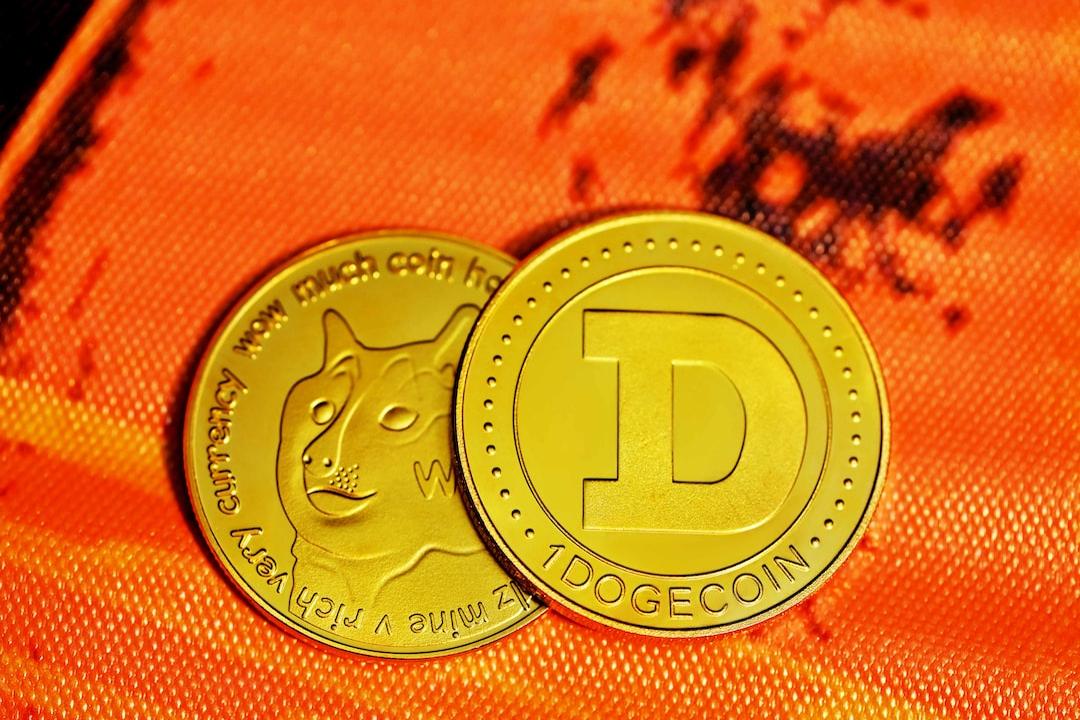Table of Contents
Toggle
U.S. Stocks Underperform in Q1
Cryptocurrency Plummets
Reciprocal Tariffs Set to Take Effect
The U.S. stock market experienced intense fluctuations during intraday trading last night. Despite lacking positive catalysts, the major indices opened lower but rallied sharply, achieving a remarkable reversal. The Dow Jones Industrial Average closed up by 1%, the S&P 500 rose by 0.55%, while the Nasdaq Composite dipped slightly by 0.14%. Meanwhile, Bitcoin surged from $82,000 to a peak of $84,940.

Last night’s closing also marked the end of the first quarter of 2025. The overall performance of U.S. stocks in Q1 was dismal, largely impacted by the new tariff system introduced by Trump, with the technology sector, particularly the seven giants, leading the decline and exerting heavy pressure on the U.S. stock market. Notably, Tesla suffered a staggering 36% drop in the quarter, while Nvidia fell nearly 20%. The S&P 500 and Nasdaq recorded their worst quarterly performances since 2022.
The cryptocurrency market reflected a similar trend. Data shows that both Bitcoin and Ethereum recorded their worst quarterly performances since 2022. Although Bitcoin fell by approximately 12%, Ethereum saw a significant decline of 45.5% in the first quarter.

Amidst the prevailing uncertainty, investors are exhibiting strong risk-averse sentiments. Adam Turnquist, a technical strategist at LPL Financial, commented: “In the first quarter of this year, investors have more or less thrown in the towel, as it has been impossible to devise effective trading strategies under these circumstances.”
With reciprocal tariffs set to be implemented by Trump, some believe this marks the beginning of another economic recession for the U.S. For instance, Goldman Sachs has raised the probability of an economic recession in the U.S. from 20% to 35%, while also lowering its year-end target for the S&P 500 to 5,700 points, predicting further interest rate cuts by the Federal Reserve. However, others argue that the implementation of “reciprocal tariffs” signifies a settling of uncertainties, and if Trump relaxes the tax rates or the countries involved in the future, it could serve as a potential positive catalyst for market gains.

